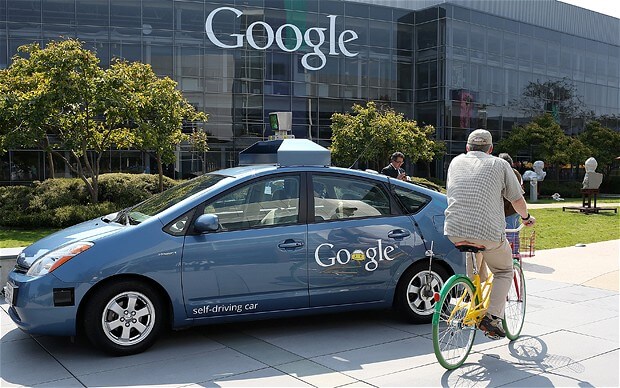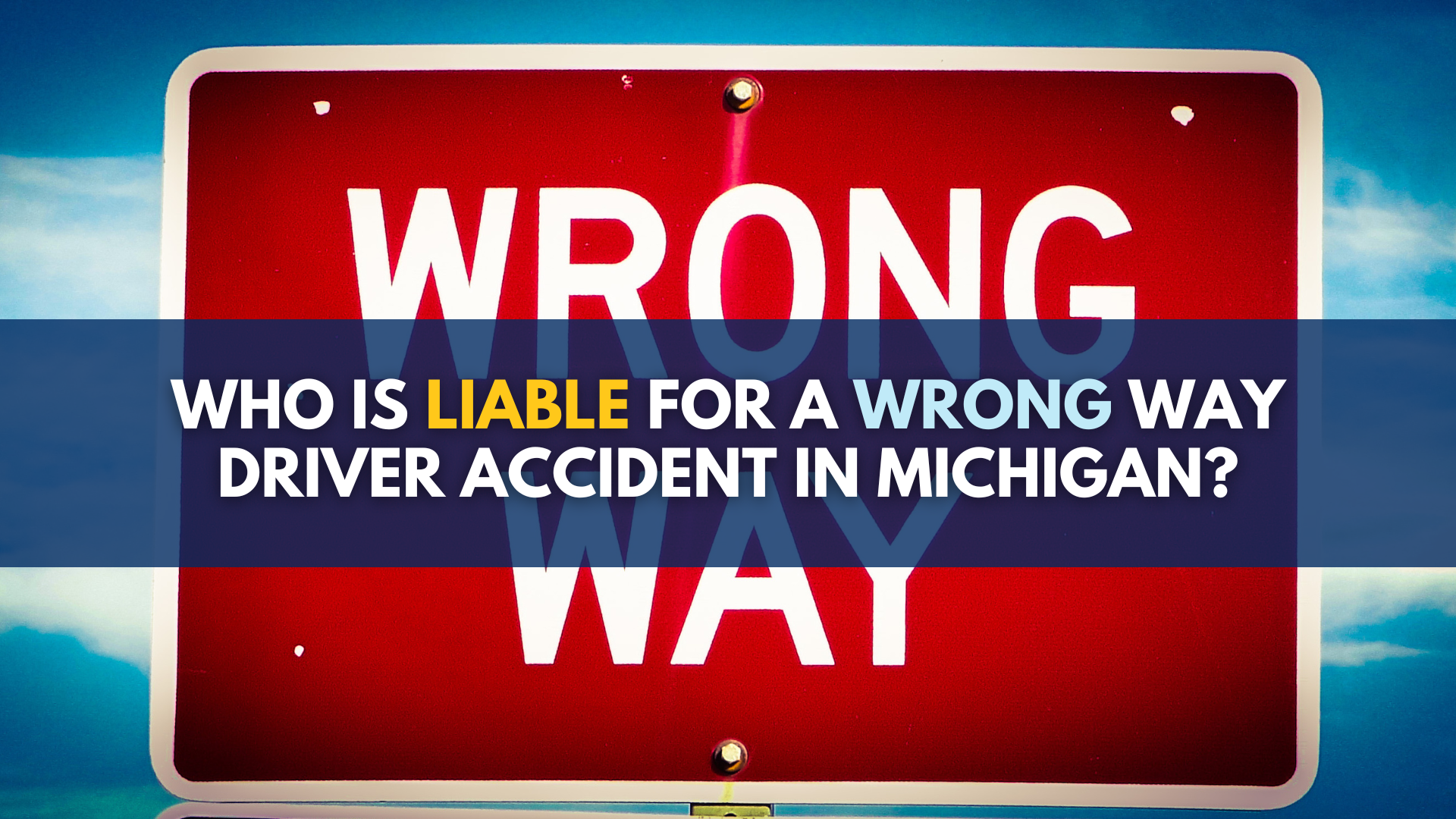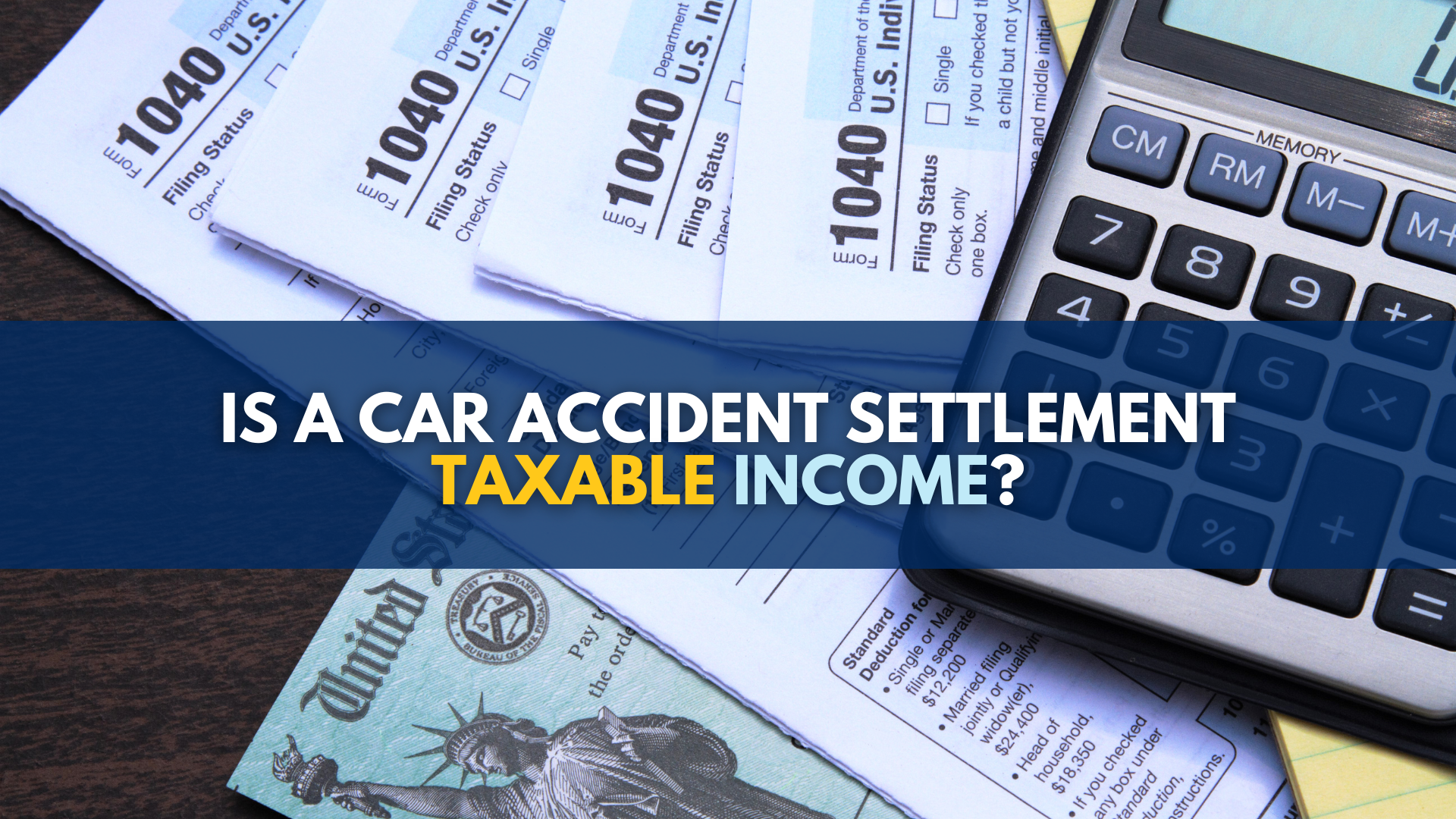Flawed USA Today column saying it ‘might make sense to let robo-drivers be less safe than humans’ raises ethical, insurance and liability issues for accident victims of autonomous cars

While I’m a lawyer that helps people injured in automobile accidents, I look forward to the day when driverless cars replace human drivers. Make no mistake, human beings are flawed drivers. And the promise of autonomous vehicles is that our roads will be safer and tens of thousands of lives will be saved every year. I’ve written before that I look forward to the day when I become obsolete.
But as much as I look forward to that day in the future when driverless – or “autonomous” cars – are the dominant form of transportation in this country, I don’t want to rush it until we’re ready. That’s why I want to talk about the USA Today column from last week, “With driverless cars, how safe is safe enough?” There are some people who want to put robo-drivers on the road, whether we are fully ready for them or not.
I generally agreed with the author, Nidhi Kalra of the Rand Corporation’s Center for Decision Making Under Uncertainty, that:
- “It seems sensible that autonomous vehicles should be allowed on America’s roads when they are judged safer than the average human driver, allowing more lives to be saved and sooner while still ensuring they don’t create new risks;” and,
- “[W]aiting for autonomous vehicles to operate perfectly” before they’re allowed on the roads “would be a classic case of the perfect being the enemy of the good” – especially given the life-saving, and injury-preventing potential of driverless or autonomous cars.
But I disagree with her proposals:
“[I]t might make sense to let robo-drivers be less safe than humans.”
Ms. Kalra doesn’t litigate automobile accidents for a living. I do. Humans are already way too unsafe. The idea of robo-drivers on our roads that are even less safe than humans is not an acceptable entry point, even for revolutionary and transformative technology.
Yes, getting as many driverless cars on the road is the goal.
But getting these cars on our roads as soon as possible, even though the vehicles are less safe than human-driven vehicles and there may be “more crashes, at least initially” – because the “early deployment” of the vehicles can be used by developers “as a way to rapidly improve the autonomous vehicles” – is not the solution we seek.
While I’m 100% in support of driverless cars, I’m also 100% committed to the notion that we do not needlessly jeopardize and sacrifice human lives and the safety of our families in order to expedite its development. Human beings are not be used as human guinea-pigs in a research experiment that involves unleashing onto the roads as many as 10,000 “driverless cars … even if they [are] not quite as safe as human drivers.”
Reading through the article, there are glaring tort law and liability questions that this proposal to use the real world as an expedited research laboratory would raise. For instance, we need answers to the following:
- Is it ethical or fair that human drivers (and other humans such as passengers and pedestrians) should assume all the risk of injury and death from this experiment?
- If “robo-drivers,” despite being “less safe than humans,” are going to be permitted to drive among – and, thus, endanger, human drivers – shouldn’t these robo-drivers be required to carry tort liability insurance to protect its victims?
And what is an adequate amount of money and insurance for a person or a family that has been catastrophically injured or killed, because these losses were deemed acceptable to expedite promising technology?
As I noted in my comment to the USA Today column, I applaud the author’s urgency of bringing to market a product that will save hundreds of thousands of human lives by eliminating all-too-human judgment errors (robo-drivers will not text and drive or drink too much alcohol before getting behind the wheel).
But I also urge lawmakers and policymakers to refrain from taking a “full speed ahead, damn the collateral damage” approach that this author suggests.
That day in the future when driverless cars will be ubiquitous on America’s roads will likely be here before most people fully expect. Let’s make sure we’re ready by not speeding past the critical issues of safety as it comes.


